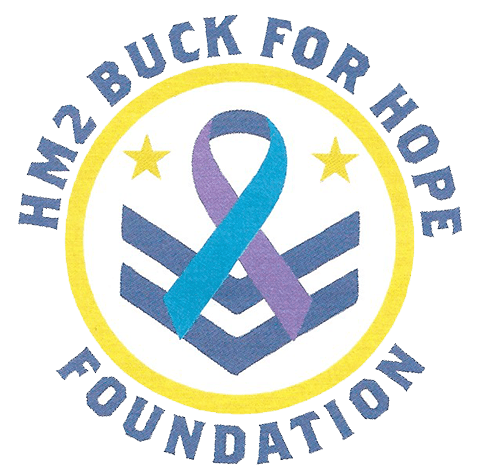Source: Gazette.com
The Air Force Academy phased out a sexual assault prevention program that showed success at other universities, following a spike in unwanted sexual contact among cadets and across the military.
The program called Enhanced Assess Acknowledge Act or EAAA is delivered to young women over 12 hours in the classroom and helps them detect sexual coercion, teaches them the best ways to resist and helps them understand the greatest risk of assault is from men they know, among other prevention tools.
The class was phased out after data was released in 2022 showing a continued upward trend in unwanted sexual contact, said Sonja Strickland, the violence prevention program manager at the academy, during a July meeting at the Board of Visitors. Unwanted sexual contact includes rape, unwanted sexual touching and other crimes.
The survey showed 22.3% of female cadets, about 259 women reported unwanted sexual contact and 4.3% of male cadets or about 122 men. The numbers were up from 2018 when 15.4% of women reported unwanted sexual contact and 1.8% percent of men reported it.
Parents pursue accountability in Air Force Academy graduate’s rape, subsequent suicide
The survey is anonymous and helps the military service academies gauge the scope of the sexual assault problem. The upward trend was mirrored at the other academies. Far fewer cadets come forward to report sexual assault.
The Academy ended the training aimed at women two years ago after the data came out, Strickland said, during the meeting.
However, it is unknown if the Academy might have seen a different trend if the prevention was not used, said University of Windsor Professor Charlene Senn, the creator of the program. The overall data does not test the effectiveness of EAAA, she said, because there was no control group. The Academy did see positive results from the program including data about how women used information in the program to protect themselves and their friends.
In general, programs mandated by universities to prevent sexual assault such as online learning modules don’t work, Senn said.
A 2023 academic review of primary sexual violence programs found at an aggregate level they haven’t been effective in reducing perpetration.
According to the Centers for Disease Control and Prevention, more than half of women and a one in three men have experienced sexual violence.
As sexual assaults rise, Air Force Academy needs to stop freshmen hazing, DOD report finds
Senn aimed her program at women because when she reviewed the research only those programs aimed at women had a “glimmer of hope” of working.
A randomized control trial of about 870 college students found the program reduced instances of rape, attempted coercion, and other forms of sexual assault, according to a summary of the study. Every study of EAAA has shown positive results, Senn said.
It’s effective in part because it helps women understand their risks better. All women are at risk of sexual assault, she said. Largely from people they know.
“Acquaintances and intimate partners are actually those most likely to commit sexual assaults against women,” Senn said. “But the whole rest of the culture constantly talks about rape in terms of strangers.”
So, while women may be told not to walk home from a bar alone, walking home with a male friend will actually increase a woman’s risk of assault compared to being alone, Senn said.
It also teaches women about coercive behavior, such as when someone is ignoring your statements. For example, if a woman says “I really want to go home,” and is met with: “You really want to stay.” She can feel as if she has been unclear.
However, research shows that men who are interested in a relationship are less likely to repeatedly ignore a woman’s wishes, Senn said.
The training also makes it clear that victims are not at fault.
Air Force Academy sexual assault, unwanted sexual contact reports continue to climb
“I also have published data showing that if women experience a rape after they take the program, they blame themselves less than women who haven’t had the program,” she said.
The Academy was brave to heavily invest in the program and make it mandatory for some students, Senn said. However, she believes the program should be optional because when you make such a prevention program mandatory it can create resistance to it.
The program is used at 10 Canadian universities, seven U.S. universities, four in Australia and one in the Netherlands, she said.
The Academy did not respond to questions about phasing out the EAAA and whether they phased out any other programs because of the uptick in unwanted sexual contact.
During the board meeting, Strickland said the Academy is now doubling down on efforts to build protective factors against unhealthy behavior. Those include high morale and work-life balance. She said the Academy also wants to reduce factors that contribute to problems such as moderate to high stress and passive leadership.
The Academy has also found that cadets are interested in relationship training that both men and women receive.
“Really what our cadets are really hungry for is how can they build their skills in having healthy relationships,” she said.
The school also provides training around sexual communication, resilience and seeking help when it’s needed. Victim advocates have also been embedded in the dorms to serve cadets.
For prevention staff, one of the largest challenges is the lack of timely data, Strickland said. The survey that reveals how many cadets are experiencing unwanted sexual contact is taken every two years.
